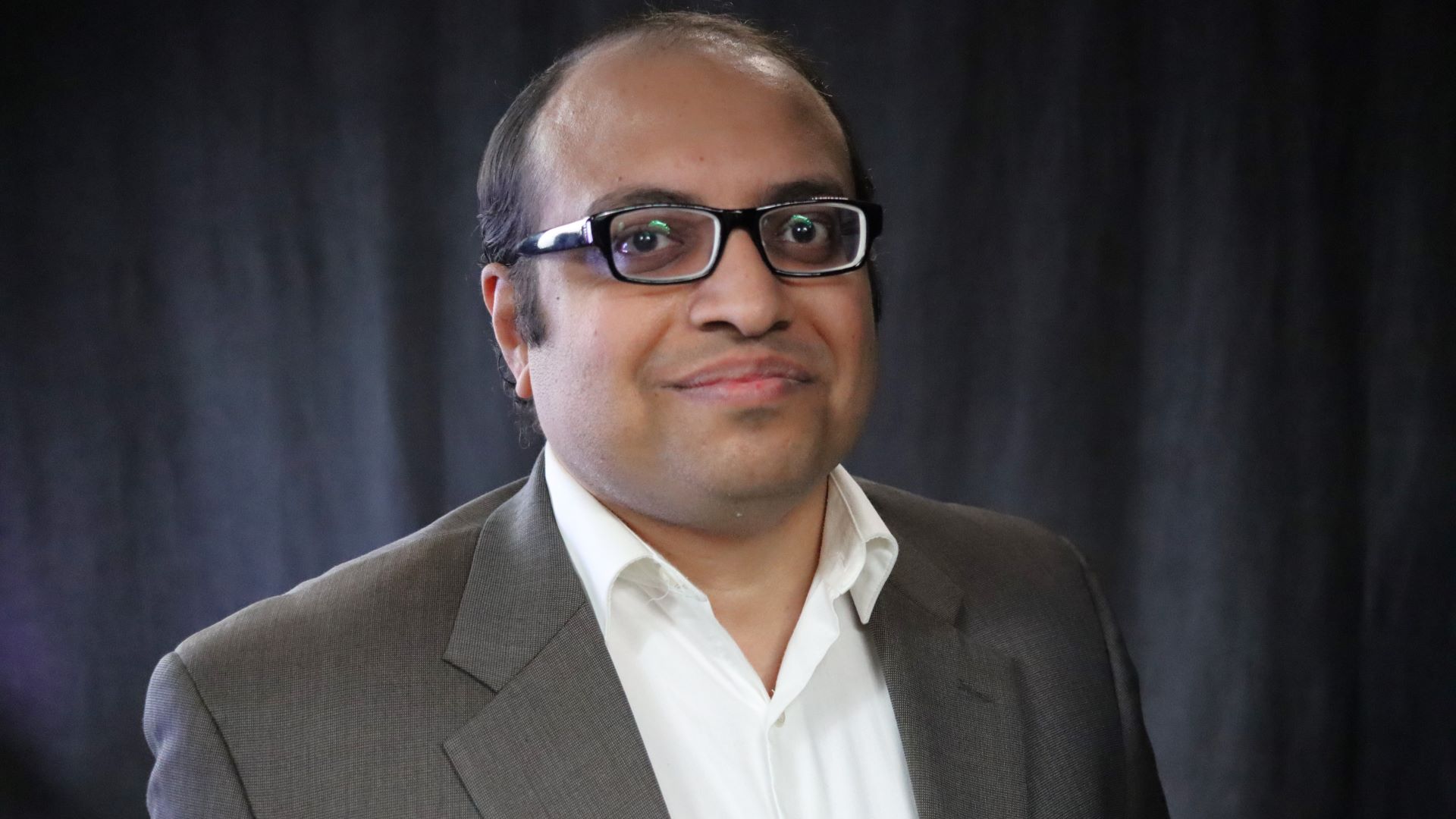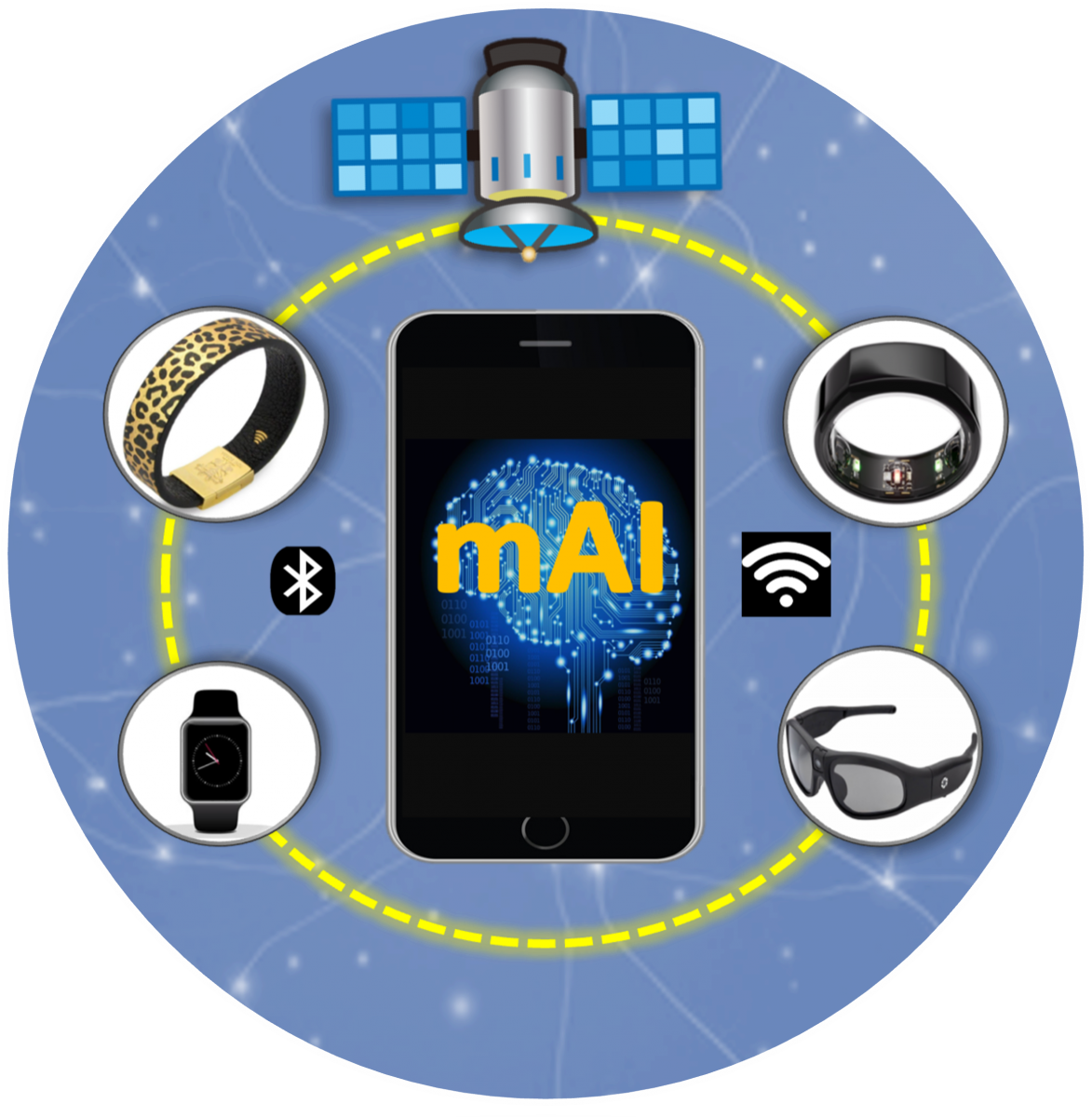CIT professor receives Showalter Trust grant for research on acoustic AI technology that recognizes cough patterns


Sudip Vhaduri, an assistant professor in the Department of Computer and Information Technology (CIT) with a PhD in computer science and a research focus on machine learning, was awarded a $75,000 grant from the Ralph W. and Grace M. Showalter Trust for research focused on discovering bioacoustics patterns, which will support the development of future technologies diagnosing respiratory diseases.
The Showalter Trust was established in 1975 to support faculty conducting medical and scientific research with a mission to improve health conditions for humans and humankind. The program prioritizes projects that have a high potential to compete for or leverage federal funding and to create programs with a lifespan longer than the Showalter award. It promotes interdisciplinary proposals that establish new research relationships and/or new research directions.
Vhaduri’s project is aligned to one of the priority research areas the Showalter Trust promotes—disease prevention, diagnosis, progression, treatment, and control. The research will focus on finding relationships among influenza, idiopathic, and pathological coughs using data visualization techniques. The main goal of this project is to help researchers better understand cough patterns by using artificial intelligence (AI) technologies, which will enable future research to innovate and accelerate the diagnosis process for respiratory diseases like COVID-19.
Purdue Polytechnic has three primary research impact areas:
- Future Work and Learning
- Holistic Safety and Security
- Realizing the Digital Enterprise
Vhaduri’s research contributes to all three areas, with the goal of impacting global grand challenges. Vhaduri hopes this accomplishment will inspire other faculty members to pursue the grant for their research projects.

“What makes me feel excited about this research is its potential to lead to improvements for humans and humankind in the future by innovating pathways to develop AI technologies to help millions of people,” Vhaduri said.
Vhaduri directs the Mobile Artificial Intelligence (mAI) Laboratory at Purdue University where similar research projects have taken place, such as wearable computing devices, soft biometrics, and more. The mAI Lab aims to “transform healthcare, paving the way for innovative mobile tools that enable individuals to actively manage their health and well-being.” Alongside the mAI lab team, the acoustic pattern research project will also involve clinician collaborators from the University of Cincinnati and Indiana University.
Additional information
link





